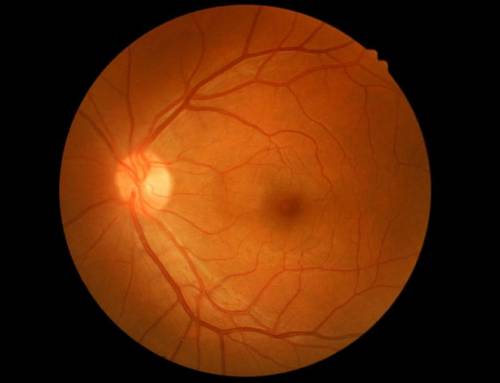Glaucoma has the dubious honour of being the main cause of irreversible blindness in the world. It is a disease to be taken into account since it has no symptoms until it is in an advanced state. Unfortunately, it still has no cure, but there are treatments to stop it from developing.
A person with glaucoma has high intraocular pressure. If it is maintained over time it leads to damage to the optic nerve, the channel that transmits visual information to the brain. As a consequence, the patient begins to lose peripheral vision and risks going blind if not treated.
Some people who want to undergo eye surgery discover during preoperative tests that they suffer from glaucoma. This is dramatic, as one goes from wanting to improve one’s quality of life to discovering that one is suffering from a chronic disease. To make matters worse, refractive surgery is not recommended for patients with this pathology.
Current estimates indicate that half of glaucoma patients have not yet been diagnosed, mainly because they are people who never go to the ophthalmologist until they perceive that something is wrong and perhaps then it is too late.
Glaucoma, risk factors
The main risk factor for glaucoma as a result of age. Current estimates indicate that 2% of people over the age of 50 suffer from this problem. But among those over 75 it could be 1 in 10.
If a person has a family history of glaucoma or diabetes, is nearsighted or farsighted, has high blood pressure, has been taking cortisone or steroids for a long time, has suffered a serious eye injury or trauma, or has an enlarged optic nerve, he or she is also more likely to suffer from this disease.
It is important to visit your ophthalmologist regularly. Even more so if we are affected by some of these indicated risk factors. Otherwise, glaucoma could start to develop without any symptoms.
Glaucoma treatment
At present, glaucoma is irreversible, but thanks to treatment we can stop its progression. The first option is topical medication (eye drops). If the drugs are insufficient, laser therapy or surgery can be chosen.
In any case, for these treatments to be effective, the first thing to do is to diagnose the disease. In addition, early diagnosis can prevent more than 90% of cases of vision loss.

Leave A Comment